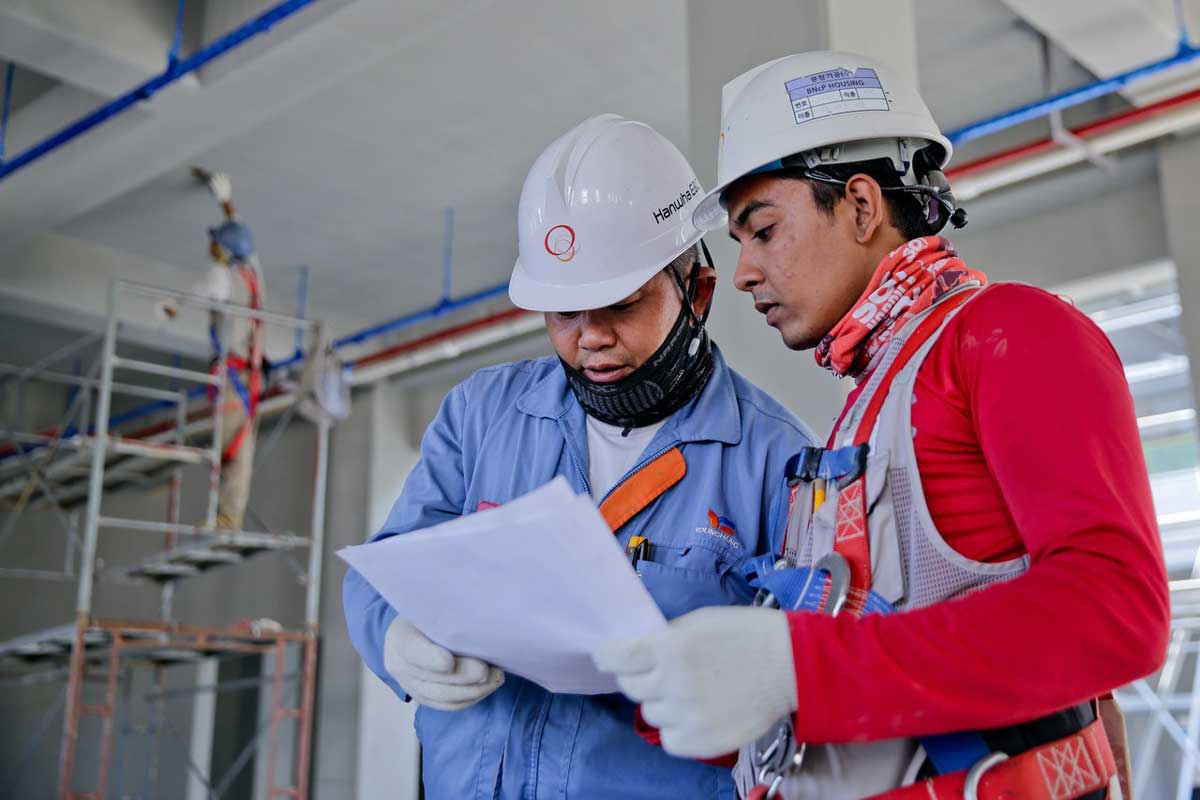
Permanent Loans
A permanent loan is defined as a first mortgage on a piece of commercial property that has some amortization and a term of at least five years. Most commercial permanent loans are amortized between 25 – 30 years. The loan product makes it easier to budget, especially over the long term, and it offers stability across an ever-fluctuating market.
Permanent loans usually enjoy the lowest interest rates among the various type of commercial real estate loans. In large part this is because permanent loans are usually garden variety loans, with no special risks in the deal. The property has already been constructed and almost completely leased out.







